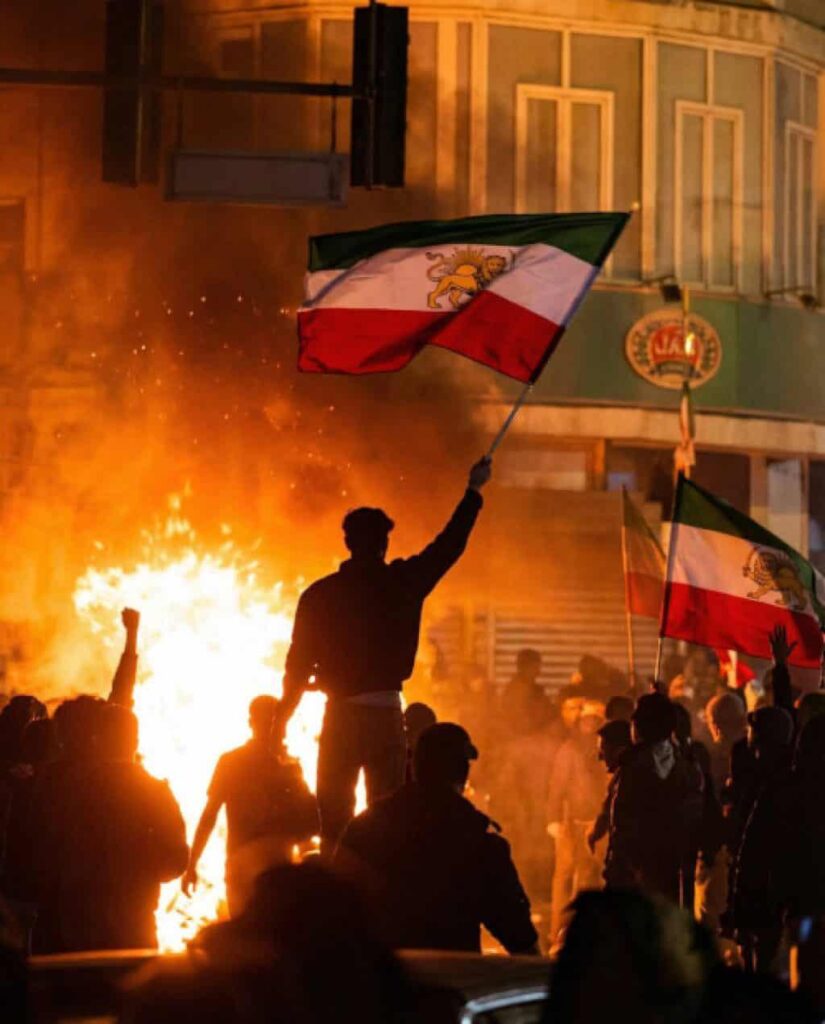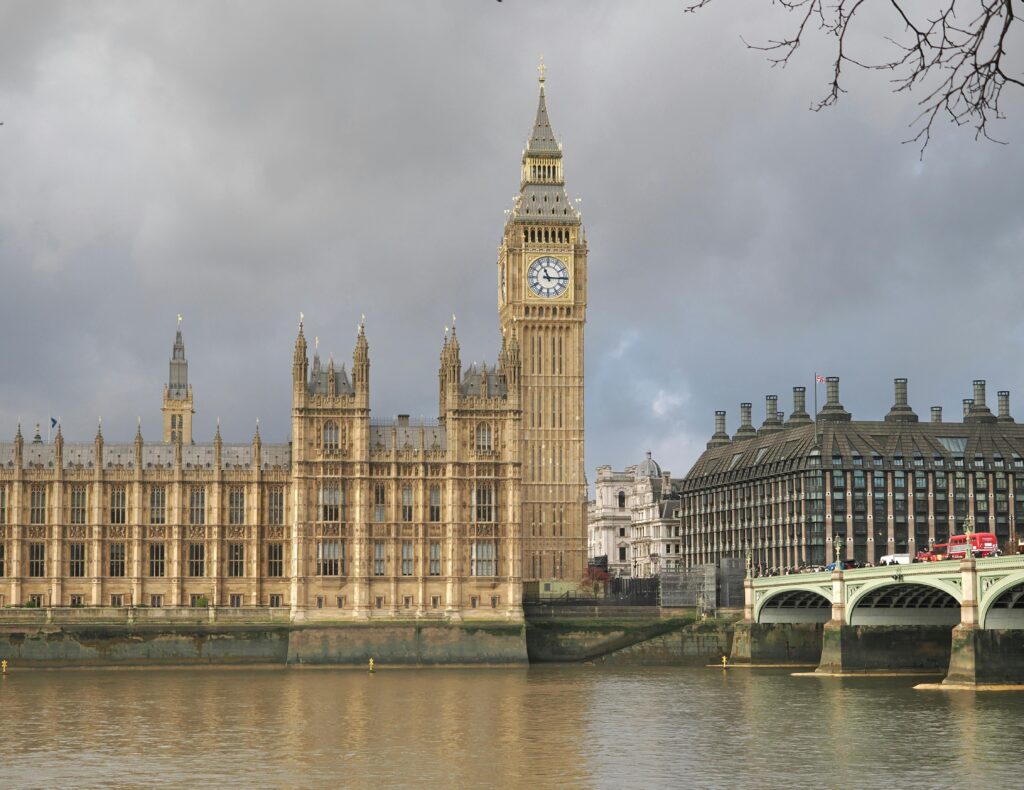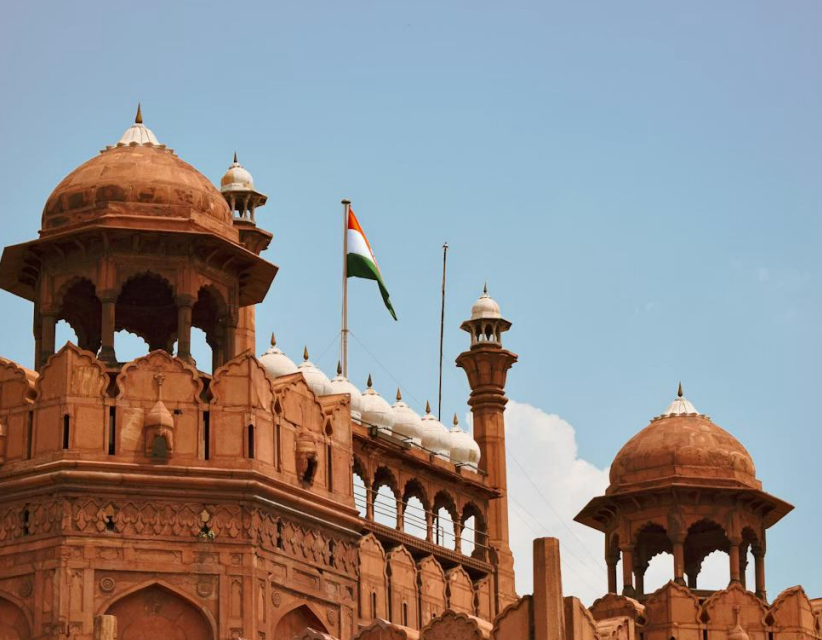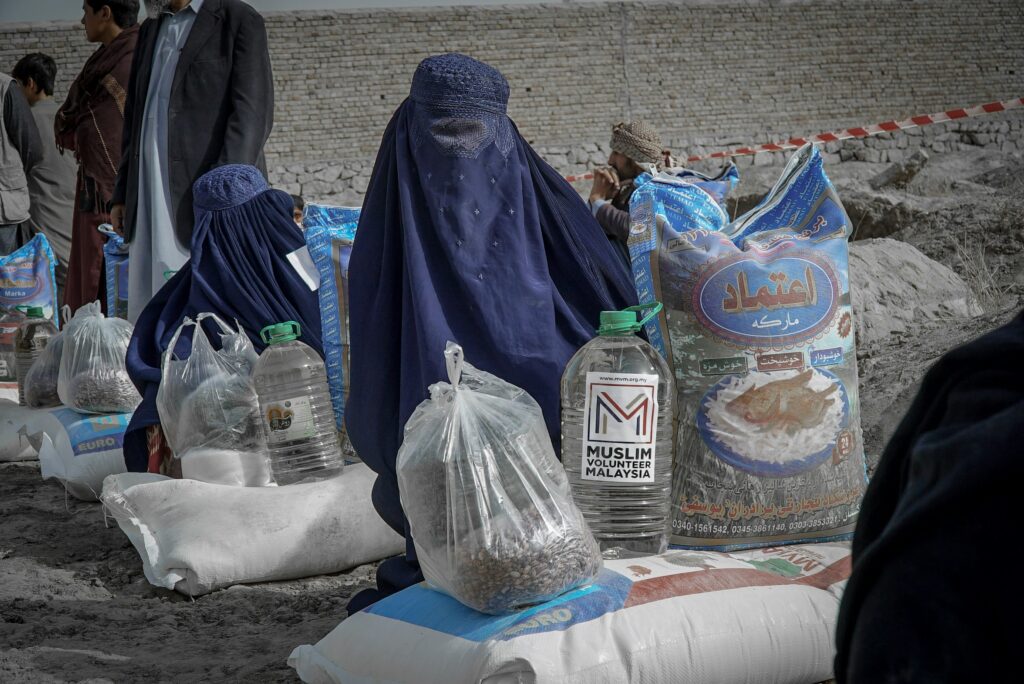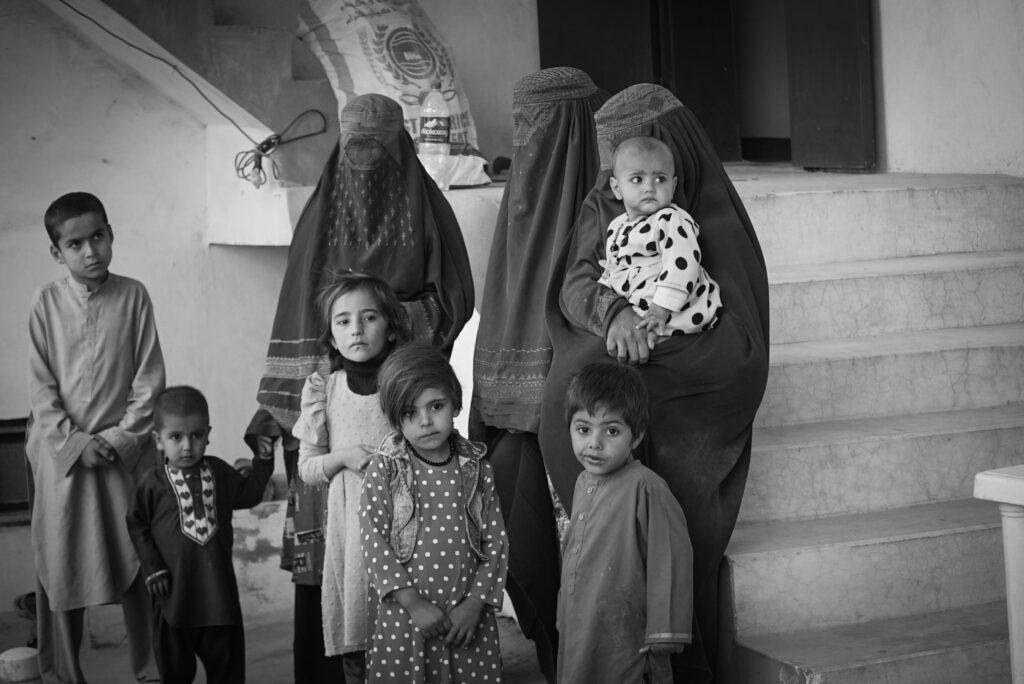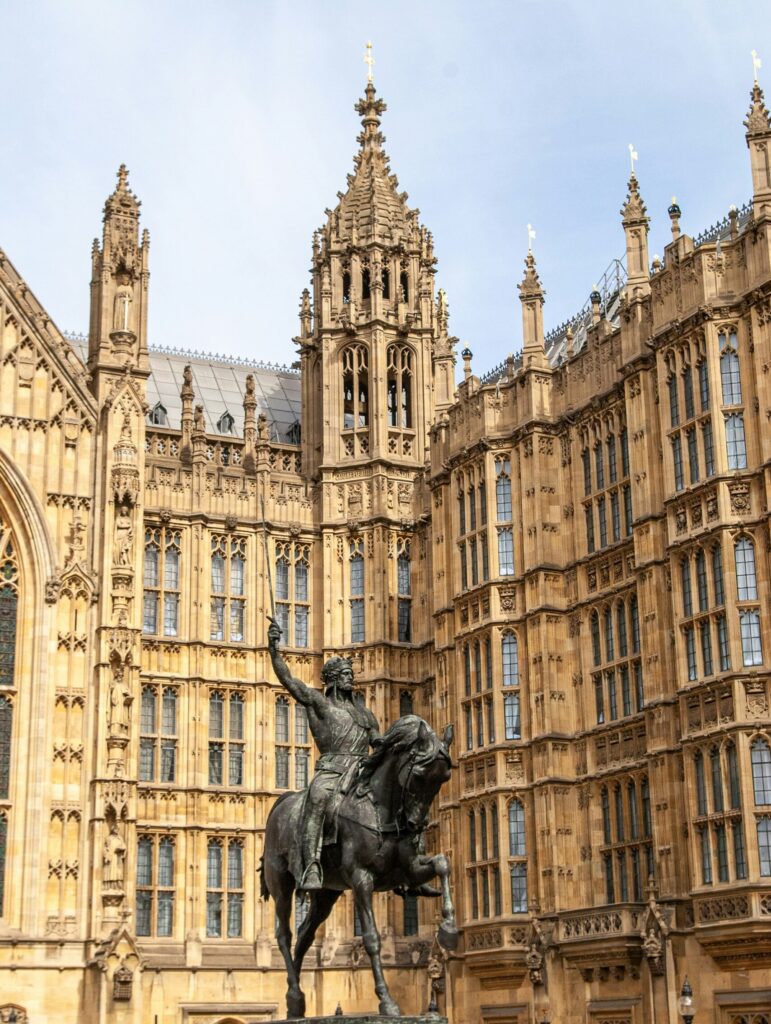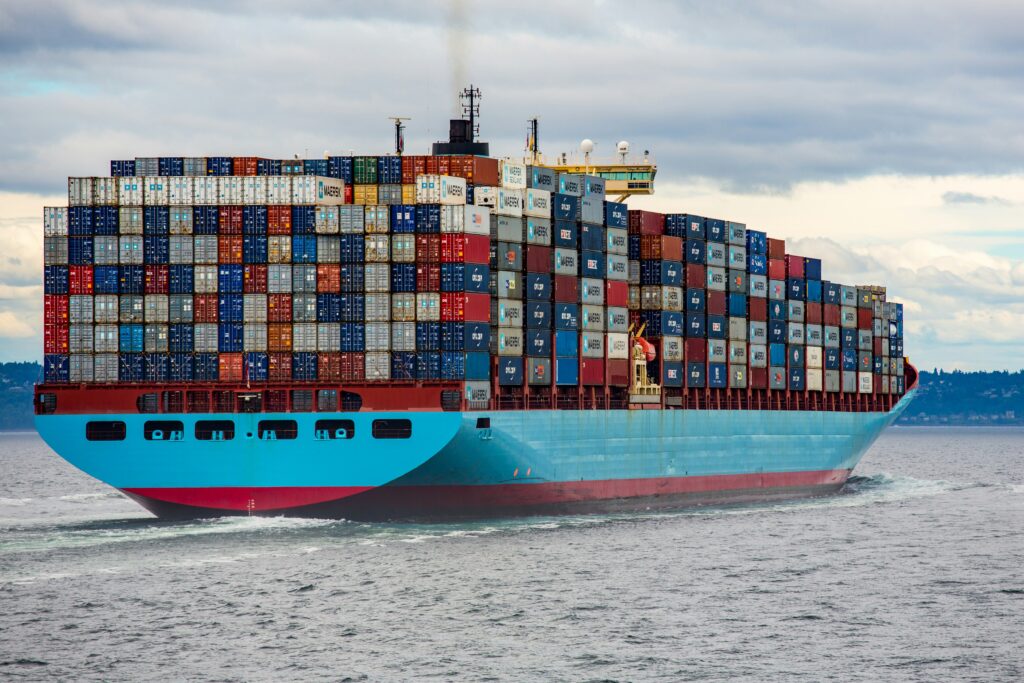Author: Ornicha Daorueng Since the Taliban’s takeover of Afghanistan in 2021, no country in the world has formally recognised them as the legitimate government. One of the strongest barriers to recognition has been the Taliban’s failure to meet certain informal conditions: forming an inclusive government and respecting human rights, particularly the rights of women and girls. Diplomatic pressure intensified after the Taliban banned women from education and employment. The US Secretary of State warned that “there are going to be costs if this is not reversed.” The United Kingdom likewise declared that it “unequivocally condemns this ban and all others that restrict Afghan women’s and girls’ rights and fundamental freedoms.” India voiced concern over the Taliban’s university ban, urging the formation of an inclusive government in Kabul that guarantees equal rights for women and girls across Afghan society. At the 79th United Nations General Assembly, eighty-three countries issued a joint statement condemning the Taliban’s “institutionalised and systematic discrimination” against women and girls, and urged the regime to immediately reverse all edicts targeting them. On paper, the international community stands united in condemning the Taliban’s gender apartheid. In practice, however, the response has been weak and even contradictory. Many governments have opted for quiet “pragmatic engagement,” seeking common ground in the name of humanitarian access and regional stability. But is this truly the right path forward? The September 2025 earthquake revealed how Afghan women remain invisible even in tragedy, a stark reminder of what “engagement” has failed to change. Moreover, how can democracies founded on liberty, equality and human dignity remain passive in the face of Afghan women’s struggle? Engagement without conviction: how internationals justify engaging with the Taliban Beyond diplomatic isolation and conditional aid, no government has taken concrete steps to pressure the Taliban on women’s rights. Instead, a policy of “engagement without recognition” has emerged. The UK and US have not recognised the Taliban, but both maintain contact through third countries. The UK operates a “UK Mission to Afghanistan” inside its embassy in Doha, Qatar, and pursue a policy of “limited and pragmatic” engagement when it serves national interests. The US follows the same model, with officials meeting Taliban representatives in Doha whenever Washington deems it to be in its interest. India, too, has re-established a diplomatic presence in Afghanistan by sending a technical team to reopen its Kabul embassy. Most recently, in October 2025, Afghanistan’s Taliban Foreign Minister met with India’s External Affairs Minister, marking the highest-level visit by a Taliban official since the group took control in 2021. During the trip, India announced plans to reopen its embassy in Kabul and to restore trade, investment, and humanitarian cooperation with Afghanistan. Even in the Muslim world, countries such as Turkey, Qatar, Saudi Arabia, the United Arab Emirates, and several Central Asian states, while publicly criticising the Taliban regime, have nevertheless maintained ties, from reopening embassies in Kabul to hosting the Taliban’s political office. Governments justify this engagement on humanitarian, security, and geopolitical grounds, including aid delivery and economic stabilisation to narcotics control, counter-terrorism, and security assurances amid regional tensions. Officials insist that boycotting the Taliban would only deepen polarisation, whereas dialogue might create common ground and shape Afghanistan’s future. However, whatever the motive, whether humanitarian or strategic, the effect remains the same. Every meeting, mission, and handshake signals to the Taliban that the world still seeks their cooperation for access, stability, and control. As a result, Taliban representatives speak to the United Nations with confidence that they “do not wish to create obstacles” to its work, while declaring that their treatment of women is an internal matter that the international community should “respect.” Beyond rhetoric: acting on the courage of democratic values Every democracy, every member of the United Nations, especially those that signed the joint statement condemning the Taliban regime, claims to be built on liberty, equality, and human dignity. Yet the diplomatic practice of “engagement without recognition”, combined with a lack of real pressure or action, has reduced those values to rhetoric. Governments justify this approach by arguing that isolating the Taliban would only hurt ordinary Afghans, but in practice it allows diplomats to speak of women’s rights while sitting across from those who erase them. This is not pragmatic realism; it is a loss of democratic conviction. There are actions that align principle with effectiveness. First, impose sanctions for gender apartheid. The existing sanctions regime, last substantively updated in 2011 with a focus on counter-terrorism, has never addressed gender-based persecution. The United Nations could reassert its credibility by enforcing and expanding targeted sanctions on Taliban leaders responsible for the systematic oppression of women and girls. Second, condition humanitarian aid on women’s rights. Under current humanitarian exemptions, billions of dollars in aid, including $4.4 billion in 2022, $4.6 billion in 2023, and more than $3.4 billion from the United States since its withdrawal, have kept Afghanistan afloat, covering food, health, and shelter. But the Taliban’s response to such generosity was to punish women further: in December 2022 they barred Afghan women from working for NGOs, and four months later, for the UN itself. The UN and donors should use existing humanitarian exemptions to make aid conditional on tangible progress in restoring women’s education, employment, and participation in public life. They should also channel funding to Afghan women-led organisations that quietly run underground schools, clinics, and community programmes, providing them with political protection and sustained support as rightful partners in rebuilding their country. Finally, governments could fast-track asylum and resettlement for Afghan women, not men, prioritising those most at risk: journalists, educators, activists, and judges. This is both to ensure their safety and to affirm the democratic values their struggle represents. These are only a few examples of how moral conviction can be translated into meaningful action, proof that defending values need not come at the expense of effectiveness. ** In dealing with extremists, polite engagement will never bring change. It is not their language, nor the conduct of a regime that has brutalised its own

